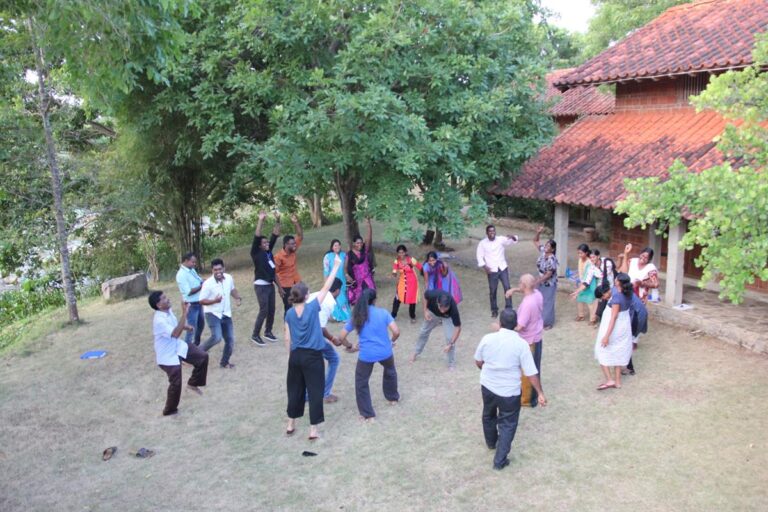Physical inactivity can have serious consequences for people’s health, the World Health Organization said today on World Health Day. Around 2 million deaths per year are attributed to physical inactivity, prompting the WHO to issue a warning that sedentary lifestyle may very well be among the top 10 causes of death and disability in the world. world. World Health Day is celebrated annually on April 7 and serves to inform the public about major public health issues. By choosing physical activity as the theme for World Health Day, WHO promotes healthy, active and tobacco-free lifestyles. The aim is to prevent diseases and disabilities caused by an unhealthy and sedentary lifestyle.
Sedentary lifestyles increase all causes of mortality, double the risk of cardiovascular disease, diabetes and obesity and increase the risks of colon cancer, high blood pressure, osteoporosis, lipid disorders, depression and of anxiety. According to the WHO, 60% to 85% of the world’s population – in both developed and developing countries – leads a sedentary lifestyle, making it one of the most serious public health problems, but insufficiently taken into account in our time. It is estimated that almost two thirds of children are not sufficiently active, which has serious consequences for their future health.
Physical inactivity, like increasing smoking and poor diet, are increasingly part of today’s lifestyle, leading to a rapid increase in diseases such as cardiovascular disease, diabetes or obesity. Chronic diseases caused by these risk factors are now the leading causes of death in all regions of the world except sub-Saharan Africa, where infectious diseases such as AIDS remain the main problem. These chronic diseases are, for the most part, entirely preventable. According to the WHO, countries and people could save precious lives and healthcare resources by investing in the prevention of these diseases.
“The habit of maintaining a healthy lifestyle, including regular physical activity and a nutritious diet, ideally begins from childhood and we hope that parents and schools around the world will use this day to spread this message” , said Dr Gro Harlem Brundtland, Director-General of WHO. “We should all be ready to take action for health and adopt healthy, active lifestyles. World Health Day 2002 is a call to action for individuals, families, communities, governments and political decision-makers to act in favor of health,” she added.
Among the preventive measures recommended by the WHO are moderate physical activity of up to 30 minutes per day, stopping smoking and eating a healthy diet. In addition to individual lifestyle changes, governments and policy makers are also recommended to “move for health” by creating an enabling environment for people. Among the recommended measures: implement transportation policies that make walking and cycling safer; legislate tobacco-free buildings and public spaces; build accessible parks, playgrounds and community centers; and promote physical activity programs in schools, communities and health services.
